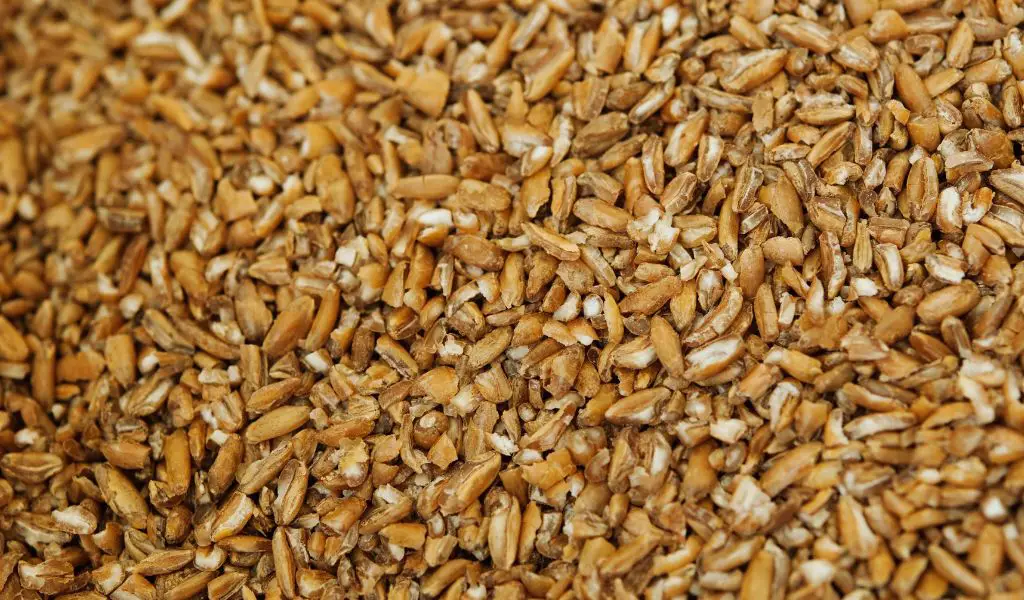Yes, dogs can eat sauerkraut, but it should be given in moderation and with a few considerations. Sauerkraut is a fermented cabbage dish that contains beneficial probiotics, which can be good for dogs in small amounts. Probiotics can support a healthy digestive system and immune function. However, it’s essential to ensure that the sauerkraut you offer your dog is plain and doesn’t contain any additional ingredients that may be harmful to them.
Dos
- Introduce sauerkraut gradually: Start with a small amount to see how your dog’s digestive system responds.
- Choose plain sauerkraut: Avoid sauerkraut varieties that have added ingredients like onions, garlic, or spices, as these can be harmful to dogs.
- Watch for any adverse reactions: Monitor your dog for any signs of stomach upset, such as diarrhea or vomiting.
- Serve in moderation: Limit the portion size to avoid overfeeding your dog and maintain a balanced diet.
Don’ts
- Don’t give sauerkraut with added seasonings: Ingredients like garlic, onions, or spices can be toxic to dogs.
- Don’t overdo it: While sauerkraut can provide some health benefits, excessive consumption may lead to digestive issues.
Can sauerkraut cause an upset stomach in dogs?
Some dogs may experience digestive upset when consuming sauerkraut, especially if they have sensitive stomachs. Introduce it gradually and watch for any adverse reactions.
Can dogs eat all types of sauerkraut?
Dogs should only eat plain sauerkraut without any additional ingredients like onions, garlic, or spices, as these can be harmful to them.
How much sauerkraut can I give my dog?
It’s best to give sauerkraut in small amounts as an occasional treat, rather than a regular part of their diet. The exact portion size will depend on your dog’s size and individual tolerance.
Conclusion and final thoughts 💭
In conclusion, dogs can eat sauerkraut in moderation as long as it is plain and doesn’t contain any harmful ingredients.
It’s important to monitor your dog’s reaction and introduce it gradually to avoid any digestive issues.
While sauerkraut can provide some probiotic benefits, it should not replace a balanced and nutritious diet specifically formulated for dogs.
As always, consult with your veterinarian if you have any concerns or questions about your dog’s dietary needs and restrictions.




